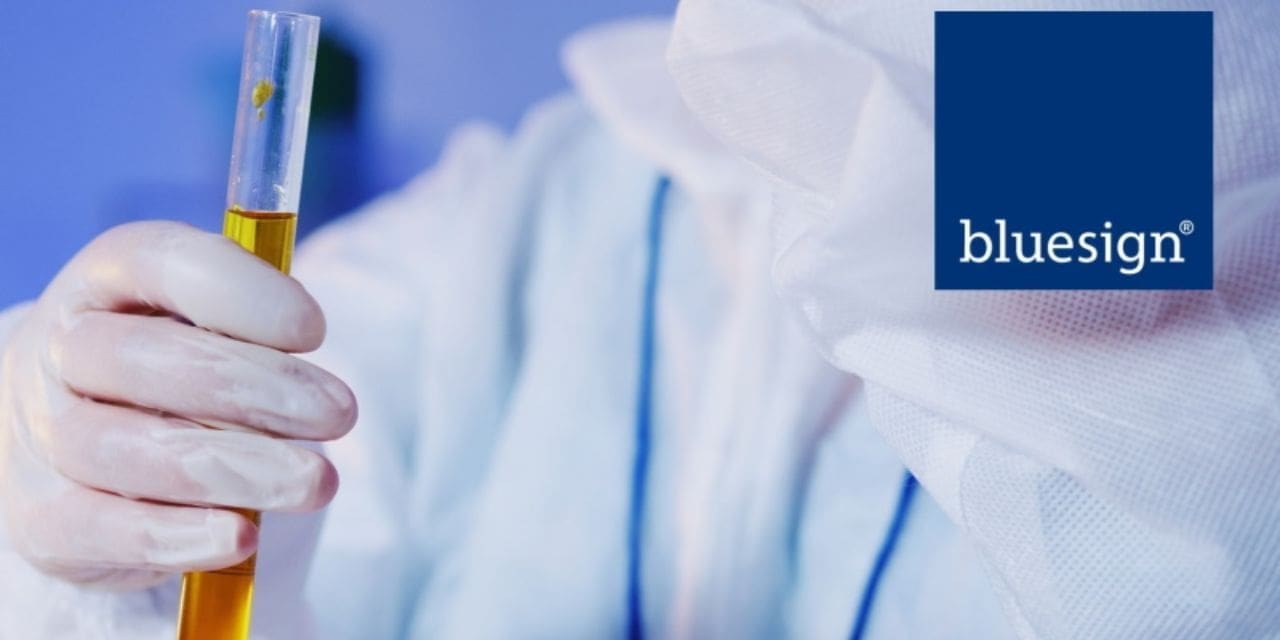Looking for sustainable chemicals?
Our definition: The concept of sustainable chemistry is a holistic one, as it strives to remediate or minimise negative- and enhance positive impacts on the environment, economy, and society throughout the whole lifecycle of a chemical product.
We are the one-stop solution to reduce your impact on people and the planet by:
■ Improving your chemical management and eliminate harmful substances in your production
■ Reducing costs in testing and verifications in your value chain
■ Building confidence and demonstrating excellence in responsible textile manufacturing PFAS
With more than 4700 chemicals classified in this group, the subject of Poly- and perfluoroalkyl substances (PFAS) is complex, with each group having distinct characteristics.
This class of chemicals faces increasing regulatory pressure to address problematic properties of certain substances in this class, such as persistence, bioaccumulation and toxicity, which may be present at different levels and impacts. After banning long-chain PFAS in 2015, Bluesign decided to implement the next step of its PFAS phase-out program to help cut out fluoro-organic chemistry from the textile supply chain.
Long-chain PFAS (so-called C8 chemistry) were regulated in the EU1 and internationally years ago. A restriction proposal for Undecafluorohexanoic acid (PFHxA), its salts and related substances, including polymers (so-called C6 chemistry), will soon be adopted by the European Commission (decision expected by early 2023)2. Recently, legislation has been passed in California that prohibits all substances falling under the definition of PFAS (all chain length) in textile articles by the 1st of January 2025. The European Union (EU) is also working on a general PFAS restriction covering all substances with a C-F bond.
Important deadlines







